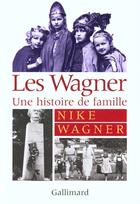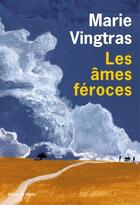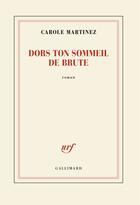-
Date de parution : 30/06/2022
-
Editeur :
Hatje Cantz
-
EAN : 9783775743426
-
Série :
(-)
-
Support :
Papier
Résumé:
The director, painter, and set designer Wieland Wagner (1917-1966) influenced an entire era in the history of the Bayreuth Festival. When, along with his brother, Wagner assumed responsibility for the art direction in 1951, he led the festival out of its ideology-laden traditions and ventured... Voir plus
The director, painter, and set designer Wieland Wagner (1917-1966) influenced an entire era in the history of the Bayreuth Festival. When, along with his brother, Wagner assumed responsibility for the art direction in 1951, he led the festival out of its ideology-laden traditions and ventured towards a complete reorientation. The Richard Wagner renaissance, for which the composer's grandchildren stood, was quickly regarded as the "New Bayreuth." Wieland Wagner's production of Parsifal for the first postwar festival in 1951 made history, and remained in the event's repertoire until 1973. Wagner's set designs embodied an unsurpassed, symbolic power, which both his artistry as well as his collaboration with the singers emanated alike. A monumental volume is now published on the occasion of his 100th birthday. It critically reviews the work of one of the greatest reformers of the opera stage in the twentieth century and presents new perspectives for opera as a synthesis of the arts in the twenty-first century.
Donner votre avis















